Serum Free Light Chain Assay Test - Kappa And Lambda - Freelite Serum
52+ booked in last 3 daysKappa and Lambda Freelite Serum Test Overview
Kappa and Lambda-Free Light Chains (FLC) are proteins produced by immune cells called plasma cells. They are released into the bloodstream and can be measured using laboratory tests. When plasma cells become cancerous or abnormal, they can produce an excessive amount of either kappa or lambda FLCs, causing an imbalance in the ratio of kappa to lambda FLCs in the bloodstream. This imbalance can be detected using a test called the kappa/lambda FLC ratio.
The kappa/lambda FLC ratio is used in conjunction with other tests to help diagnose and monitor plasma cell disorders including multiple myeloma, Waldenström macroglobulinemia, and amyloidosis. It can also be used to assess the risk of progression from monoclonal gammopathy of undetermined significance (MGUS) to multiple myeloma.
Written By: Supriya Kulkarni, Lead-Content & Training
Reviewed By: Dr. Alap Christry M.D. AVP-Lab Operations & Scientific Business Head-Clinical Chemistry
Serum Free Light Chain Assay Test - Kappa And Lambda - Freelite Serum Price
Metropolis Healthcare is a leading diagnostics centre and pathology lab in India equipped with the latest state-of-the-art technologies that provides the Serum Free Light Chain Assay Test - Kappa And Lambda - Freelite Serum with a clear pricing structure.
The Serum Free Light Chain Assay Test - Kappa And Lambda - Freelite Serum Price in Mumbai is ₹ 5,800 .
We are committed to deliver accurate and quality results from the best labs in India with complete transparency regarding test cost and turnaround time. No matter where you are, we strive to offer patients high-quality service that is affordable and accessible.
Frequently Asked Questions
The Kappa and Lambda-Freelite test is a blood test that measures the levels of free light chains (FLCs) in the blood which are proteins produced by immune cells and are part of the antibody molecules that help the body fight infections.
Kappa and Lambda-Free Light Chain Serum Test is done for the following reasons:
- Diagnose Multiple Myeloma: Kappa and Lambda-Free Light Chain Serum Test helps to diagnose multiple myeloma, a type of cancer that affects plasma cells in the bone marrow.
- Monitor Multiple Myeloma: The test helps to monitor the progress of multiple myeloma and assess the effectiveness of treatment.
- Diagnose Other Blood Disorders: Abnormal levels of kappa and lambda-free light chains in the serum may indicate other blood disorders, such as amyloidosis or lymphoma.
- Evaluate Organ Function: Elevated levels of free light chains may indicate damage to organs such as the kidneys, which can lead to renal dysfunction.
- Identify Prognosis: The test helps to identify the prognosis of multiple myeloma patients and assess the risk of disease progression.
The symptoms that may call for a Kappa and Lambda-Freelite Serum test include:
- Unexplained bone pain
- Persistent fatigue
- Unexplained weight loss
- Recurrent infections
- Easy bruising or bleeding
- Shortness of breath
- Numbness or weakness in the legs
- Elevated protein levels in the urine
Abnormal results on the Kappa and Lambda Freelite test can indicate a variety of conditions, including:
- Multiple myeloma: In this condition, there is an abnormal proliferation of plasma cells in the bone marrow, leading to the overproduction of FLCs.
- Other cancers: Abnormal FLC levels can also be seen in other types of cancer, such as lymphoma.
- Kidney disease: The kidneys normally filter out excess FLCs from the blood, so abnormal FLC levels can be seen in kidney disease.
- Inflammatory conditions: FLC levels can also be elevated in some inflammatory conditions, such as rheumatoid arthritis.
The test involves drawing a small amount of blood from a vein in your arm. A healthcare professional will clean the area with an antiseptic, wrap an elastic band around your upper arm to make the veins more visible, and insert a needle into a vein to collect the blood sample. You may feel a brief prick or stinging sensation when the needle is inserted, but the procedure is generally painless.
No special preparation is required for the test. However, it is recommended that you consult with your healthcare provider before taking the test, as they may have specific instructions or recommendations based on your individual medical history and current health status.
In addition to this test, there are several other laboratory tests that may be ordered to aid in the diagnosis and management of plasma cell disorders. Some of these tests include:
- Complete blood count (CBC): It can help identify anemia, leukopenia, or thrombocytopenia, which are common complications of plasma cell disorders.
- Serum protein electrophoresis (SPEP): This test measures the amount of protein in your blood and identifies any abnormal protein patterns, such as monoclonal gammopathy.
- Urine protein electrophoresis (UPEP): This test measures the amount of protein in your urine and identifies any abnormal protein patterns, such as Bence-Jones protein, which is often seen in multiple myeloma.
- Beta-2 microglobulin (B2M): This test measures the level of B2M, which is a protein that is produced by all nucleated cells and is increased in plasma cell disorders.
- Serum calcium: This test measures the level of calcium in your blood and can identify hypercalcemia, which is a common complication of multiple myeloma.
- Renal function tests: These tests measure the level of creatinine and blood urea nitrogen (BUN) in your blood and can identify kidney damage, which is often seen in plasma cell disorders.
- Bone marrow biopsy: This is a procedure in which a small sample of bone marrow is taken and examined under a microscope to identify any abnormal cells or other signs of plasma cell disorders.
- Serum Free Light Chain Test
- Serum FLC Test
- Kappa/Lambda Ratio Test
- Freelite Assay
Ratings & Reviews (0)
Why Metropolis?
Metropolis has a team of 200 senior pathologists and over 2000 technicians delivering diagnostic solutions in the areas of routine, semi specialty and super specialty domains like Oncology, Neurology, Gynaecology, Nephrology and many more.
We offer a comprehensive range of 4000+ clinical laboratory tests and profiles, which are used for prediction, early detection, diagnostic screening, confirmation and/or monitoring of the disease.
 Home Visit
Home Visit Upload
Upload




.png)













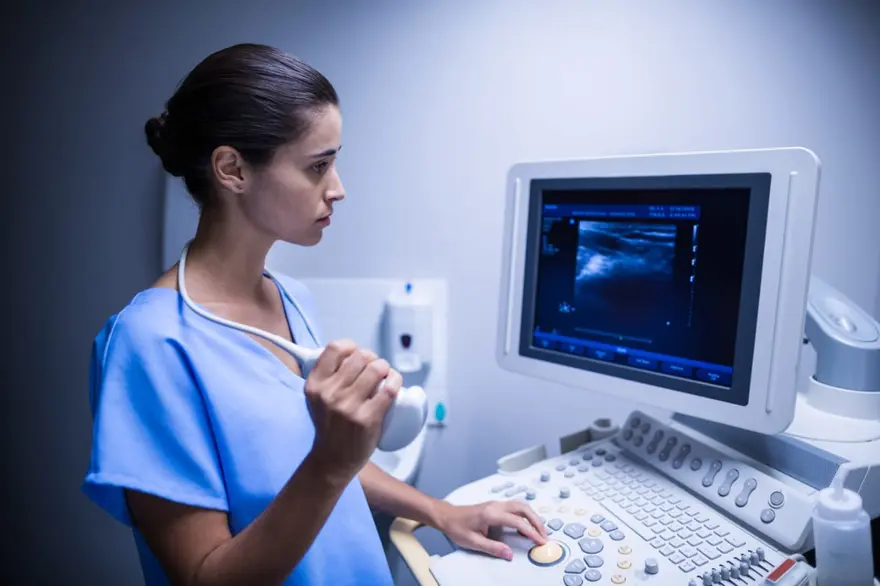

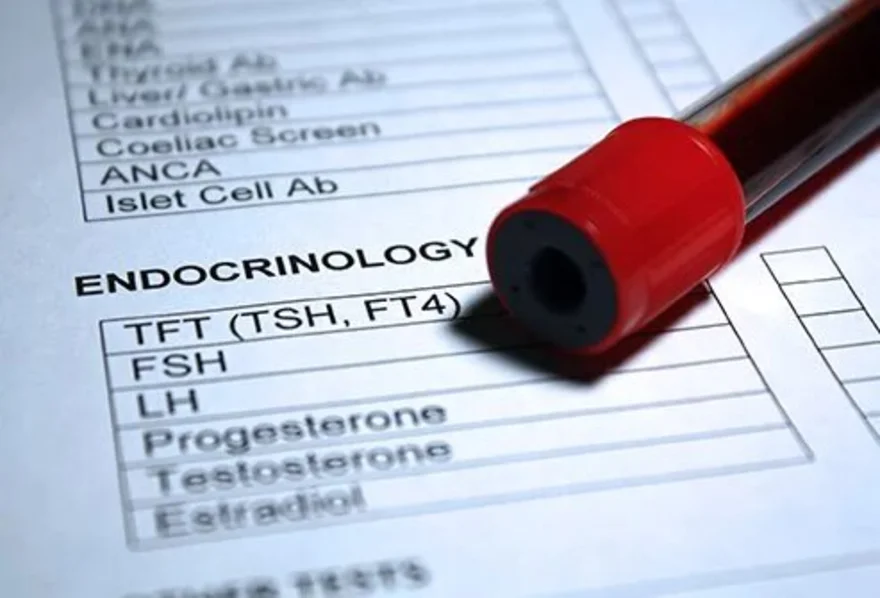

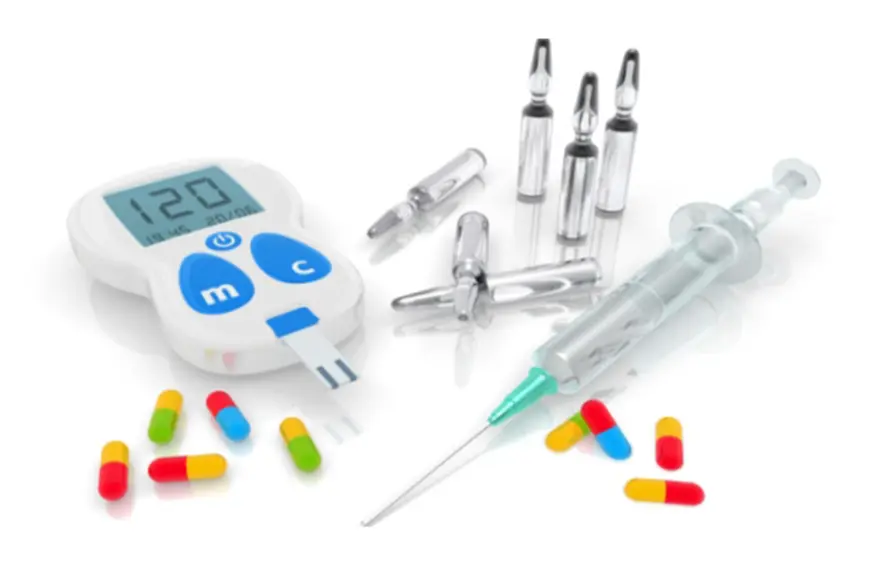






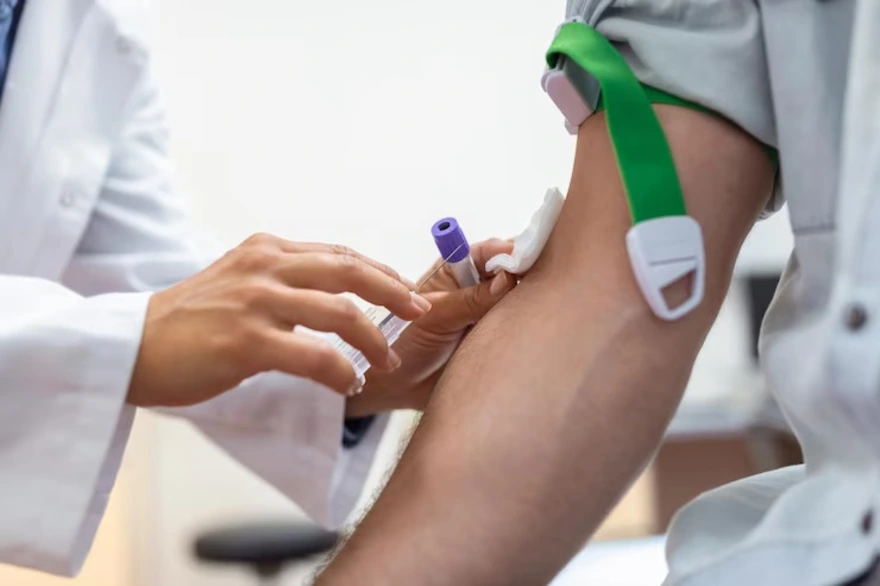

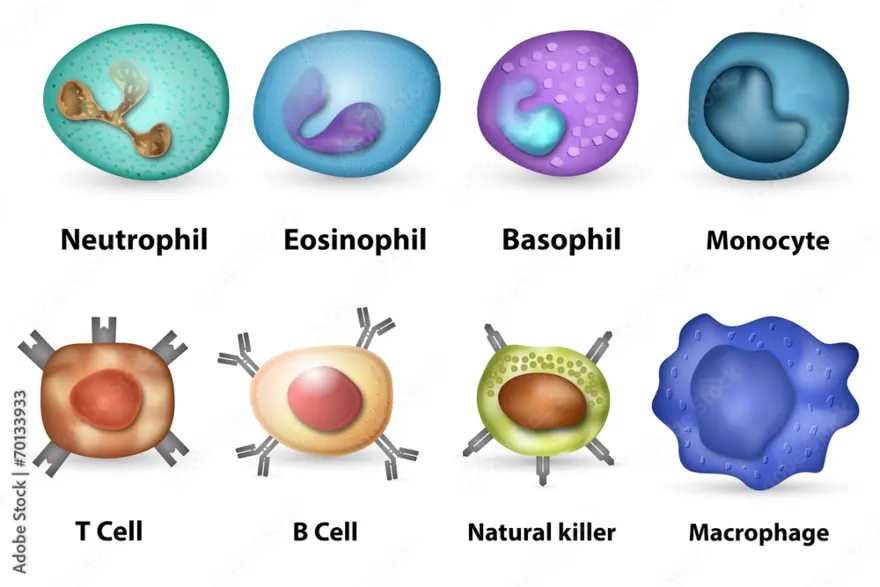
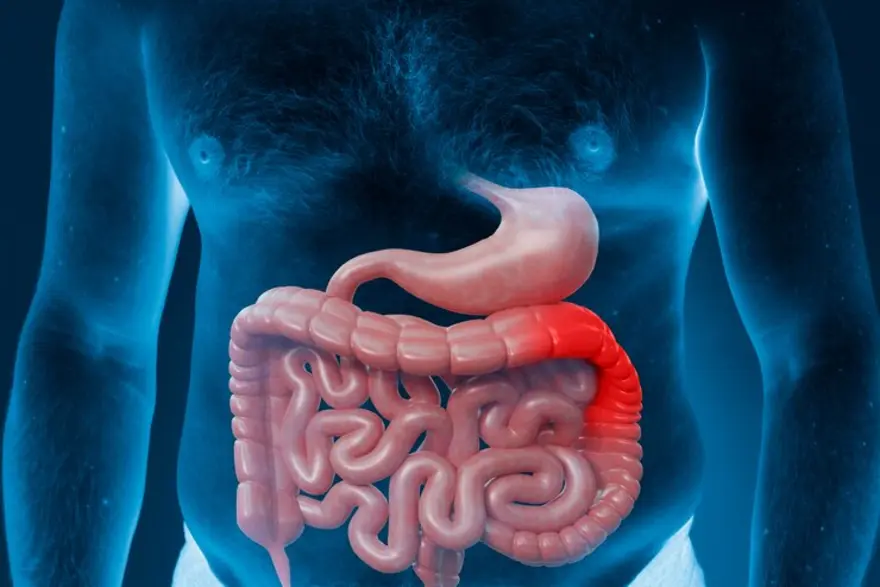



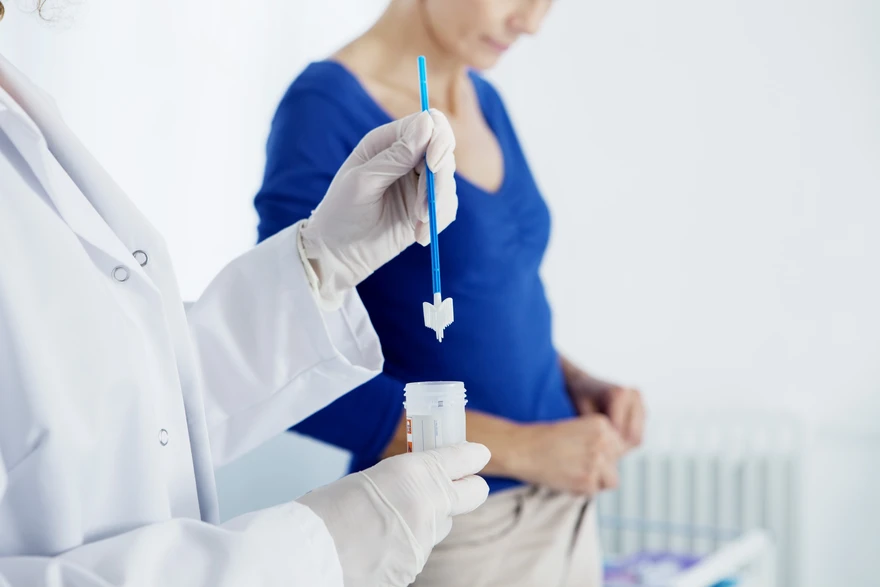


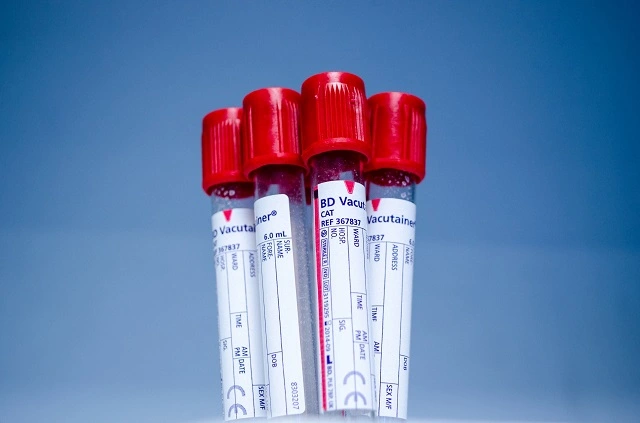






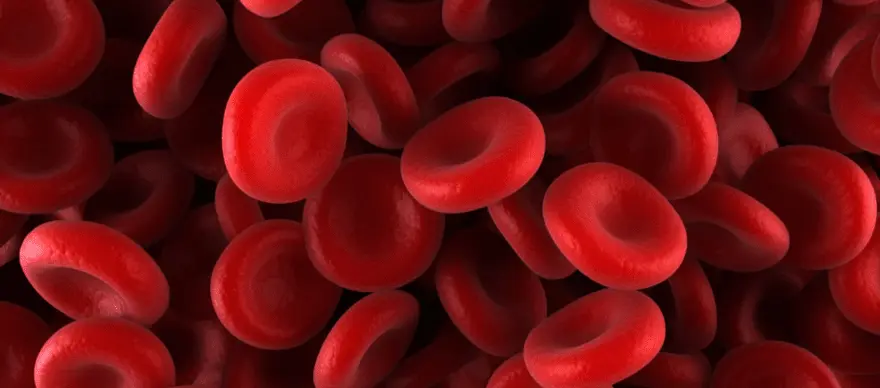







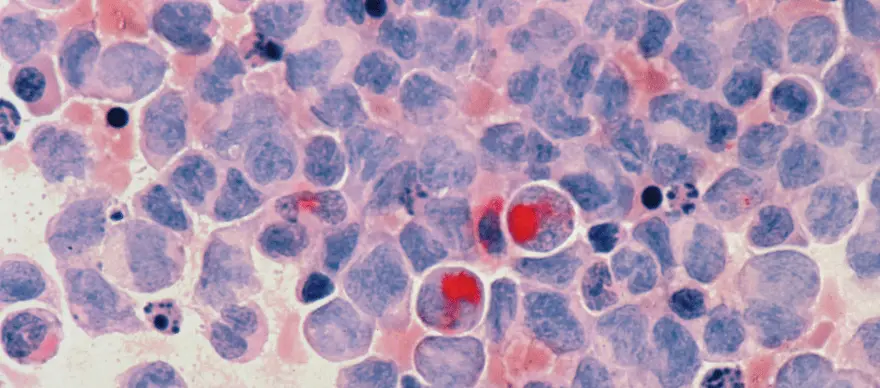





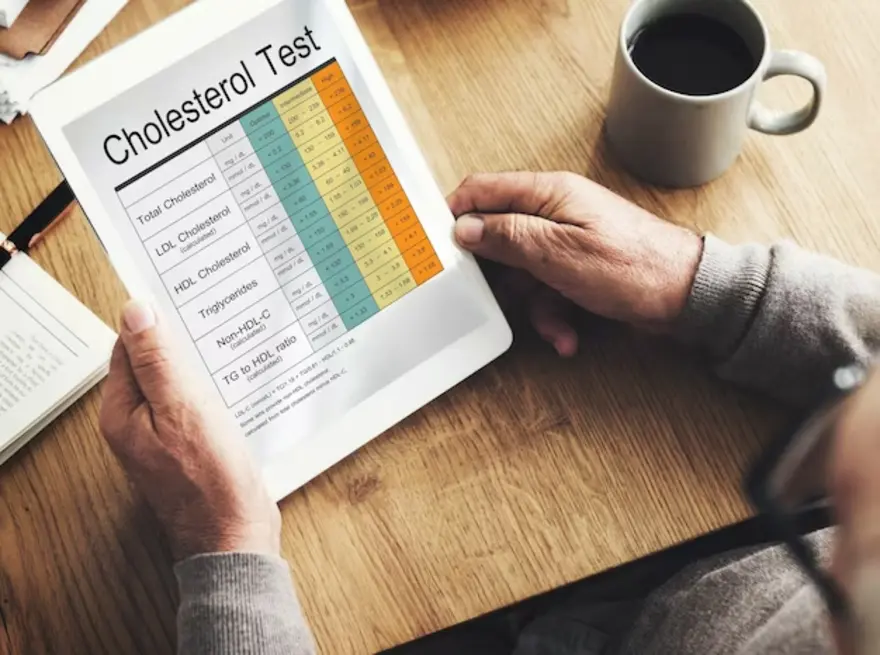




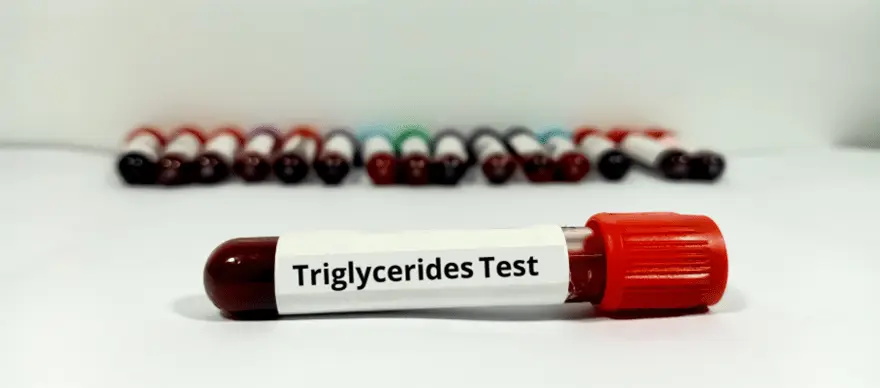
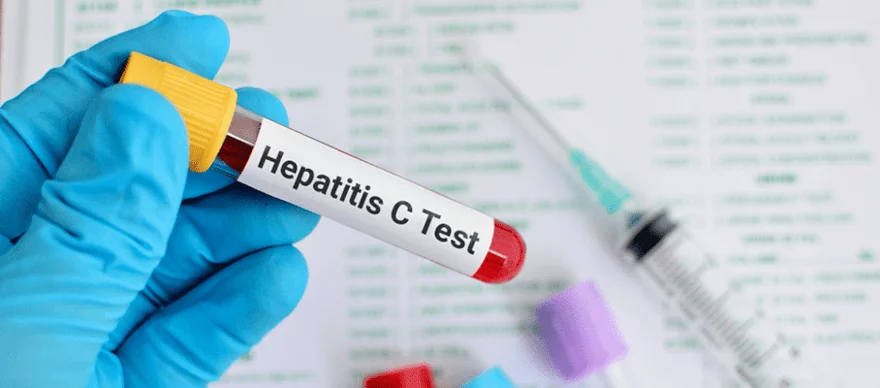




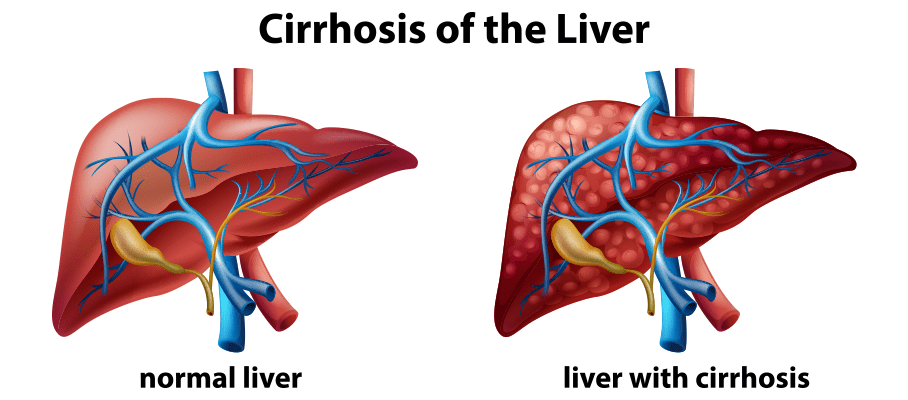



1707898101.webp)

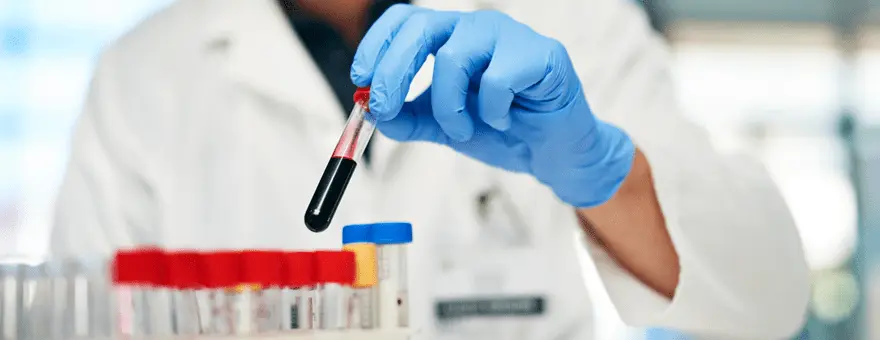
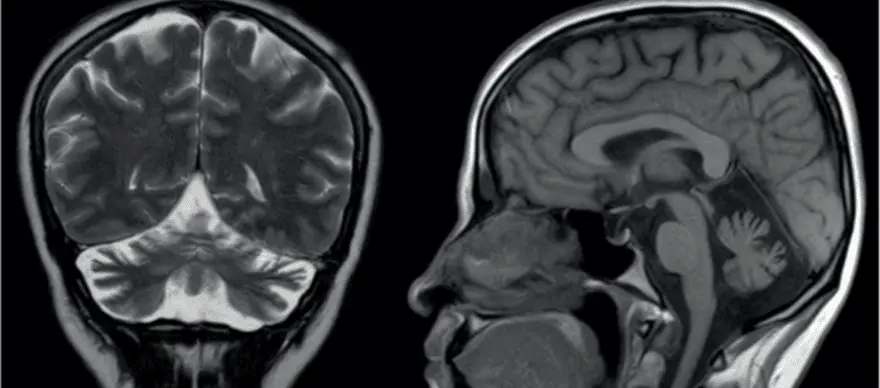



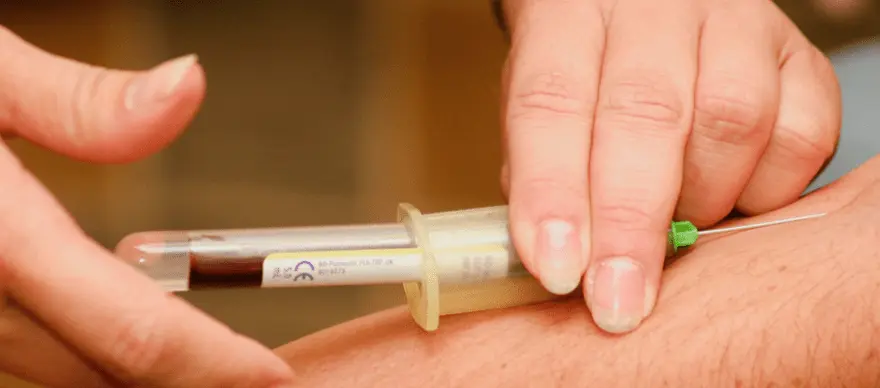

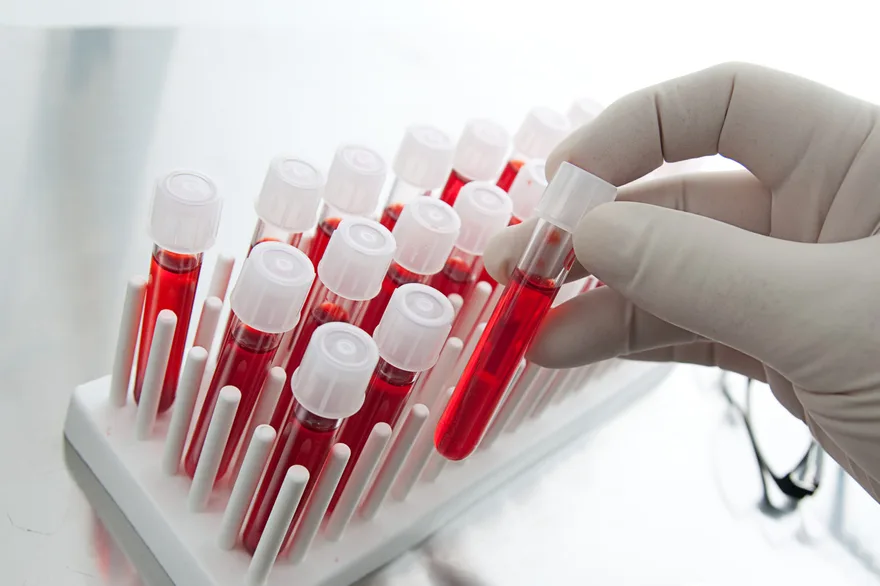
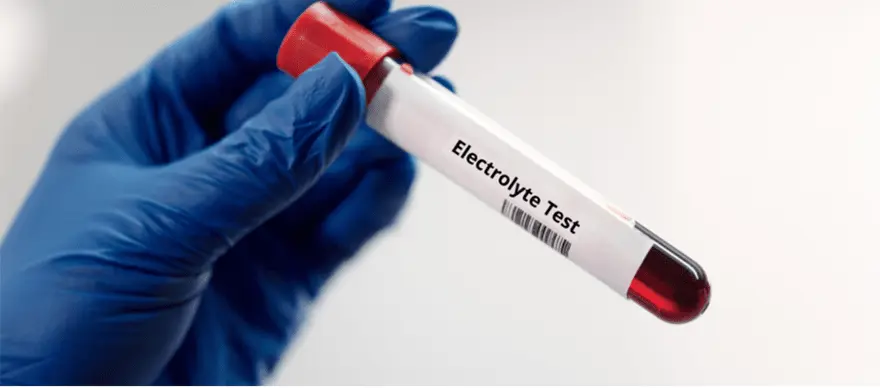











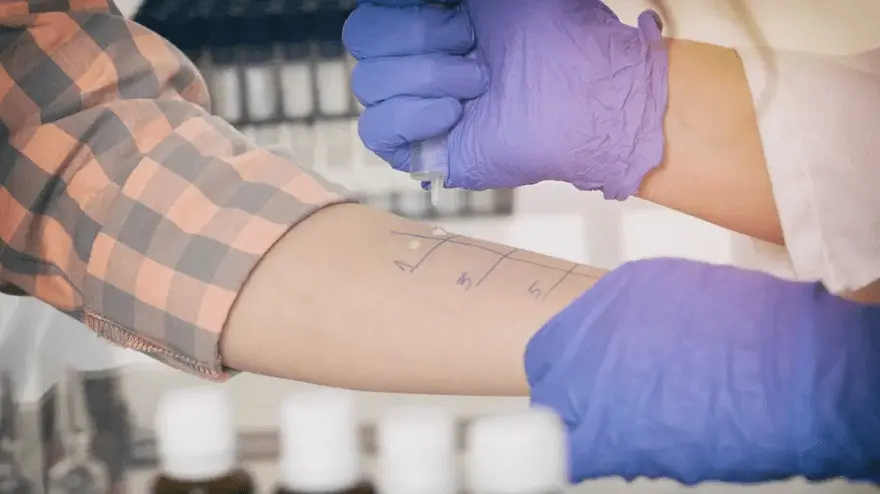




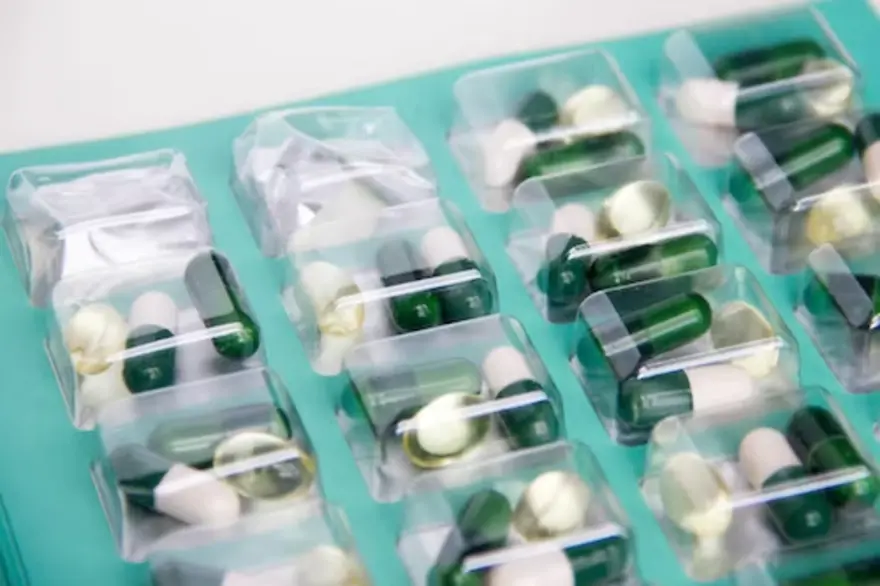






 WhatsApp
WhatsApp